Laikipia
I have a mob of finished Boran steers ready for the holidays. The butchers are suddenly chasing me and that’s a fine feeling. A year ago, we were in the worst drought for 50 years, with invasions of armed herders and 2,000 cattle. We were left with not a blade of grass. Our cattle were heartbreaking to see. Since then we’ve had rain every month. The animals have grown fat on rippling seas of red oat pasture. Now I must sell up, or I shall be penniless at Christmas. Or the Samburu will go mad with the temptation, rustle them and scoff the lot in the forest.
The butchers come knocking. One says that in the name of the Lord he can’t pay a shilling more than one-oh-five per live-weight kilo. A Somali broker, working for a baron sitting cross-legged surrounded by cellphones in a distant town, has diddled me on prices once before. William, George, John, Idris — they come and go. At least there’s Ngugi, who wears a bucket hat, calls me ‘Hartree’ and pays a fair price.
But if only the great butchers, King’uku and King’ori, were still with us. King’uku always said he liked to buy a cow as fat as himself. At this he’d pat his enormous belly. With his hawk eyes, single long incisor tooth, bald pate and multiple chins, he was the most distinctive butcher I ever clapped eyes on. When he came to buy my steers or cull ewes — which he called ‘whores’ — he would produce from multiple dewlaps and secret pockets huge wads of grubby, smelly, small-denomination notes.
King’uku started out carrying hides and skins on his back, until he persuaded a local beef baron, T—D—, to give him a steer on tick. He grew to be immensely powerful, and though he could sign cheques he was otherwise illiterate. He travelled down our rugged roads in commandeered taxis or matatu buses. Finally, he purchased a battered Toyota, but he refused to drive it himself. He believed it would bring him bad luck.
At my bomas, I had King’uku argue for hours on end over a couple of bob per live-weight kilo. He dealt cull cows for his own butcheries and sold the prime steers on to Nairobi. In the local farming town of Nanyuki, he had a hotel called the Ibis, with a cavernous hall thronged with beer drinkers consuming great piles of roasted meat.
As a young man he had been a big boozer, but he reformed after becoming a devout Christian. European farmers who went back on their word and cheated on weights dismayed him. My neighbour Tom remembers him with great fondness. ‘He said, “Be as good as your word but bargain hard —King’uku always said he must make a margin but a deal once struck was a deal.”’
After elections in Kenya three years ago, things went horribly wrong. Hundreds of people were hacked to pieces or burned to death. But men must eat meat, and King’uku appeared one day to buy a lorry-load of wethers from me. Later, I was in a Rift Valley farming area called Burnt Forest looking at the remains of the dead in roofless, smoking huts when King’uku called to say he was on the way to the bank to deposit my cheque. I was broke, so I thanked him warmly. Two hours later, I got another call to say King’uku had died of a heart attack. The last business he did was to pay me. Two thousand mourners attended his funeral.
The other butcher was King’ori, who wore a leather jacket and flat cap. When he first visited me, a butcher had recently been shot dead on the road. The robbers thought he was carrying cash for a cattle sale, but it was just a bank cheque. Since then traders have not dared visit our side of the district. But King’ori breezily told me he couldn’t buy stock fast enough. At one point he was taking 200 sheep a week from me. King’ori always came himself with cash, arriving before dawn and then sitting down for a big fry-up breakfast with me while the sheep were brought to the scales. I came to like and respect him. One morning a man came to me.
‘King’ori is dead.’
‘What do you mean?’
‘He’s been shot at Bad Corner,’ he said.
A gang of bandits had been looting some motorists when King’ori’s lorry appeared. The bandits tried to stop him but his lorry sped past. The attackers opened up with their AK47s, a bullet struck King’ori in the head and he was killed instantly. The driver rolled the lorry, hurting himself and spilling sheep all over the road. Yet again, the robbers discovered their victims had no cash on them and they vanished. Meanwhile, I raced to Bad Corner, where I found King’ori’s baseball cap, the shattered glass of his lorry’s windscreen and a pool of still-wet blood.
Months later, I was drinking beer with C—, a neighbour, in the Buffalo Village bar. C— said he wanted to build a monument at the spot where King’ori had died to commemorate him. After a pause I said, ‘Whenever I pass Bad Corner, I feel so spooked about that ambush that I speed up. What about you?’
C— looked at me with his steely eyes and said, ‘No, I don’t feel spooked. I stop the car and have a smoke.’
Got something to add? Join the discussion and comment below.
Get 10 issues for just $10
Subscribe to The Spectator Australia today for the next 10 magazine issues, plus full online access, for just $10.


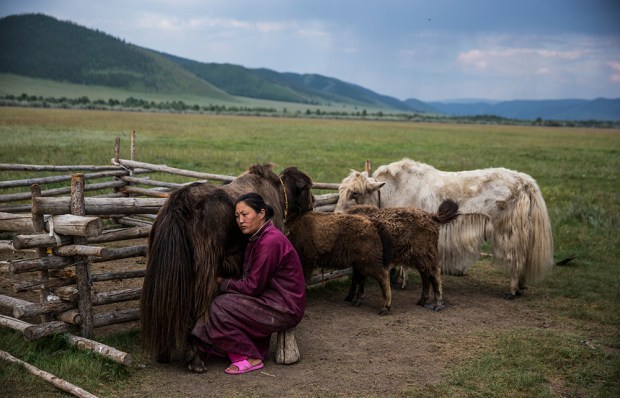
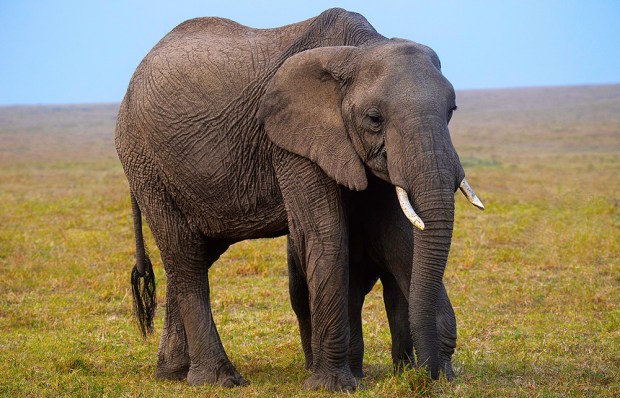
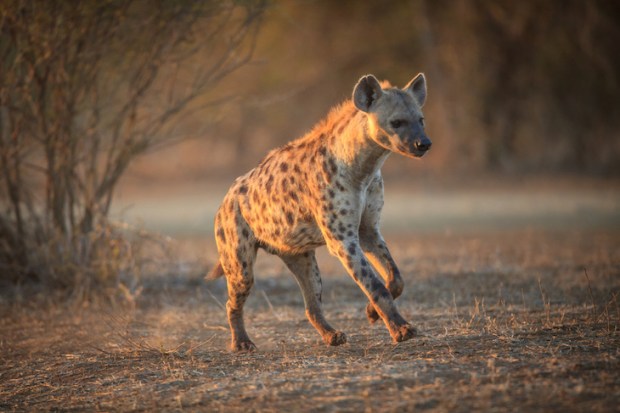
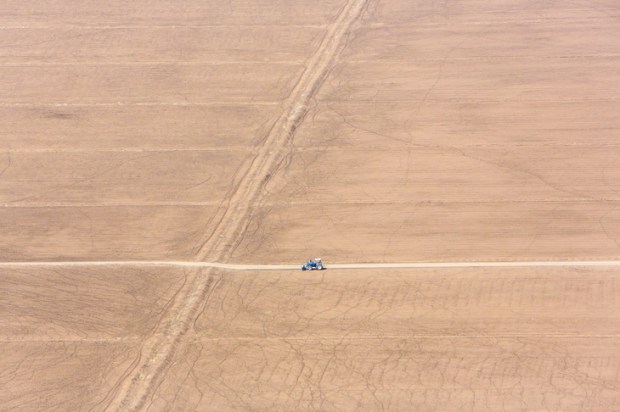
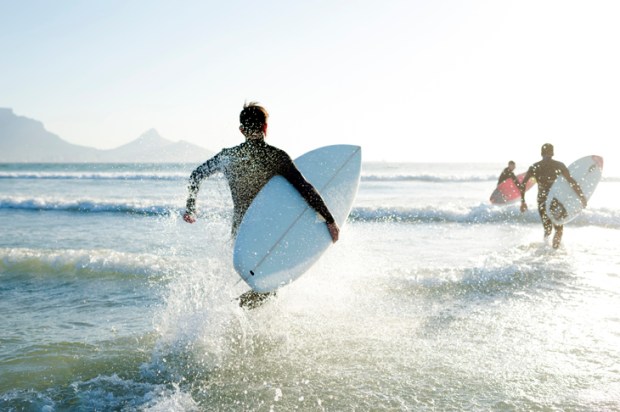
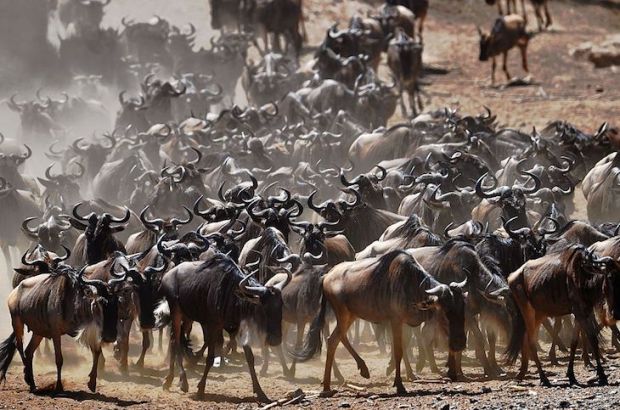






Comments
Don't miss out
Join the conversation with other Spectator Australia readers. Subscribe to leave a comment.
SUBSCRIBEAlready a subscriber? Log in